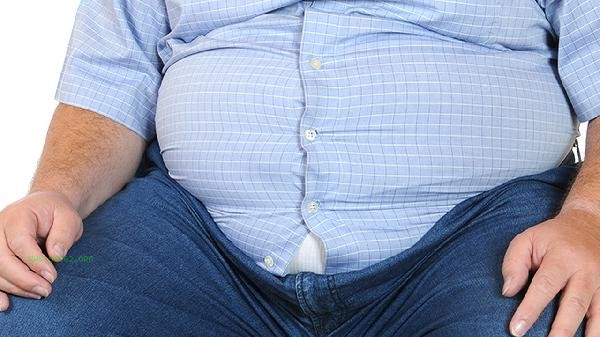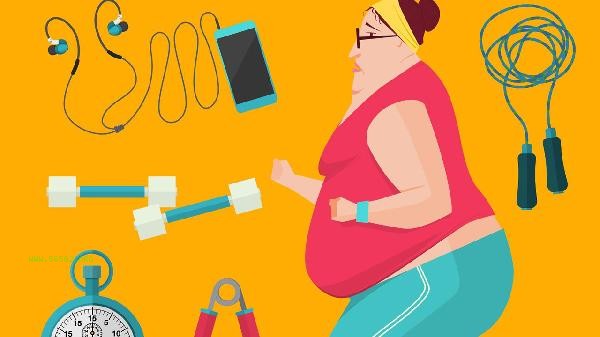When losing weight without exercise, it is recommended to adjust the diet structure, control calorie intake, optimize eating time, improve sleep quality, and manage stress levels. People with small body weight have less fat reserves and require more refined management of metabolic balance.

1. Adjusting dietary structure
Increasing the proportion of high-quality protein and dietary fiber can prolong satiety. Daily intake of protein foods such as lean meat, fish and shrimp, and soy products should not be less than 20% of total calories, paired with fiber rich ingredients such as broccoli and oats. Reduce refined carbohydrates intake, replace white rice with brown rice, and use whole wheat bread instead of desserts to avoid fat accumulation caused by severe blood sugar fluctuations.
2. Control calorie intake
adopts a mild calorie deficit strategy, reducing daily intake by 200-300 calories to avoid excessive dieting leading to a decrease in basal metabolism. Keeping a food diary helps identify hidden sources of calories, paying attention to the high calorie characteristics of seasoning sauces and nut snacks. Using small tableware can effectively reduce the amount of food consumed in a single meal.
3. Optimize eating time
Implement a time limited eating method, focusing on completing daily meals within 8-10 hours and maintaining an empty stomach for the rest of the time. Increase the protein ratio appropriately for breakfast, and bring dinner at least 3 hours before bedtime to avoid insulin levels rising at night and hindering fat breakdown. Regular meal times help stabilize the biological clock regulation mechanism.

4. Improve sleep quality
Ensure that 7-8 hours of deep sleep per day can balance the secretion of leptin and ghrelin. Lack of sleep can lead to increased appetite the next day. Avoid blue light devices before bedtime, maintain a dark environment in the bedroom, and supplement melatonin if necessary to regulate sleep cycle disorders. High quality sleep can improve the efficiency of calorie expenditure in a resting state.
5. Managing stress levels
Chronic stress can continuously stimulate cortisol secretion and promote abdominal fat accumulation. Reduce stress response and avoid emotional eating through techniques such as meditation and deep breathing to reduce stress. Cultivate mindful eating habits, focus on sensing the taste and satiety signals of food while eating, and reduce unconscious calorie intake.

Small base weight loss requires establishing long-term sustainable health habits, and regularly monitoring changes in body fat percentage is more meaningful than focusing on weight. It is recommended to measure dimensions such as waist circumference and hip circumference at fixed times every week, in conjunction with adequate drinking water and vitamin supplementation. If there are metabolic abnormalities or menstrual disorders, it is necessary to consult a nutritionist in a timely manner to adjust the plan. Maintaining patience is key, and losing 0.3-0.5 kilograms per week for a small population is within the ideal range.







Comments (0)
Leave a Comment
No comments yet
Be the first to share your thoughts!